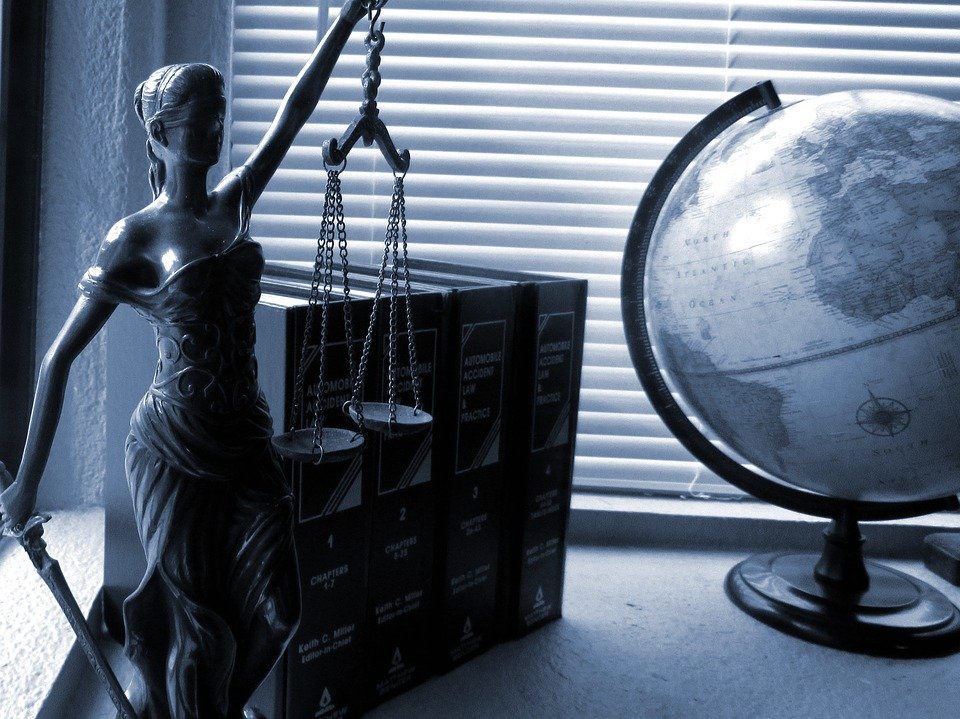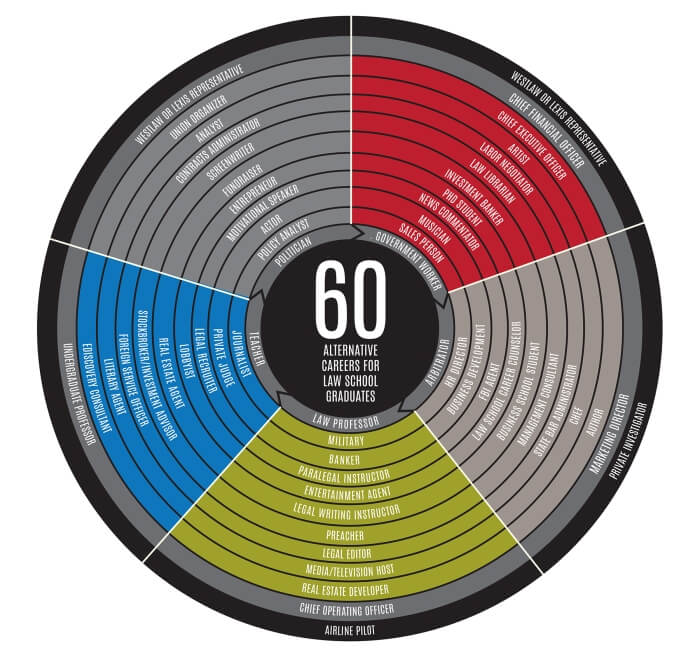
Young lawyers looking to choose a specialty might want to consider intellectual property law, as attorneys who are experts in this niche are in demand due to the US-China trade war making IP theft a significant global trade concern.
The trade war-which has seen the US levy tariffs on Chinese technology industries over their purported theft of IP in the US- —illustrates the risks that companies face as the intellectual property becomes a political battleground.
Many law schools have responded to the surge in demand for IP lawyers by establishing niche LL.M. courses in the field.
“Lawyers with specialist intellectual property knowledge are in demand,” says Uma Suthersanen, professor of IP law at Queen Mary, University of London.
Successful high-tech companies are also engaged in ongoing patent wars—Apple sued Qualcomm for up to $27bn in damages for overcharged chip royalties — one of several massive US corporate lawsuits over IP in recent years.
In a digital economy, corporations, prone to data breaches and cyberattacks have made protecting knowledge from infringement a number one priority.
‘Those with comparative knowledge are in higher demand as the emphasis shifts from national to international litigation and business advice,” says Suthersanen. She adds that a $1bn Apple and Samsung patent case in 2012, was multi-jurisdictional and involved related claims such as trade secrets and designs.
Ann Bartow, director of the Center for Intellectual Property at Franklin Pierce School of Law in the US, says “As the global economy grows, so does the need for experts in IP.”
These bright employment prospects explain why the demand for IP modules at many law schools, including Franklin Pierce, is growing. “As technology changes, so do the needs of our students and employers. Now, students are interested in blockchain technology and data privacy,” says Bartow.
In 2019, the school launched a specialized JD in intellectual property, technology, and information law, taught online and offline — the first of its kind in the US. The school also offers an LL.M. in IP law.
King’s College in London, New York University’s School of Law, UCLA in California, plus UPenn and Duke Law Schools in the US, also offer LL.M.s in IP.
Students at Franklin Pierce can participate in legal clinics, practicing IP law under the supervision of faculty. This includes the International Technology Transfer Institute, where students can help protect science and technology innovations; and the Intellectual Property and Transaction Clinic, where students help businesses with their IP strategy, as well as transactions and licensing.
“Students contribute to scientific breakthroughs and help clients turn their dreams into business ventures,” says Bartow.
Understandably, many lawyers are making lateral shifts into the IP field- a number that has grown by more than 40 percent since 2017- according to Val Myteberi, associate dean for graduate and international programs at Cardozo School of Law.
“Factors including a boom in the creative industries, the globalization, and digitalization of trade, as well as a global push to protect IP rights, have created the ideal conditions for secure and lucrative [IP law] jobs,” says Myteberi.
Cardozo’s LL.M graduates in IP law have been hired to work for in-house counsel teams by Google in Germany, Morgan Stanley in Tokyo, as well as IBM and Universal Music in New York City.
“Companies and law firms are increasingly seeking candidates who can combine IP skills and transactional knowledge, such as drafting licensing agreements,” says Myteberi.
Government agencies and non-profit firms are also hiring IP lawyers, according to Bartow at Franklin Pierce School of Law.
IP is now a popular field at Boston University School of Law, as 60 percent of all LL.M. students who may specialize in another field, still take at least one IP class.
John Riccardi, assistant dean for graduate and international programs says this reflects the importance of technology-based businesses to the global economy.
“Lawyers with expertise in technology law — including data privacy, cybersecurity, compliance, and fintech — are sought after because of the high stakes involved in leveraging and protecting a company’s intangible assets, including its ideas and information,” says Riccardi.
Around 90 percent of applications to the school’s dedicated IP LL.M. are from foreign lawyers. “It provides them with knowledge that is useful to their practice back home, such as cross-border technology-related deals and licensing matters,” says Riccardi.












































